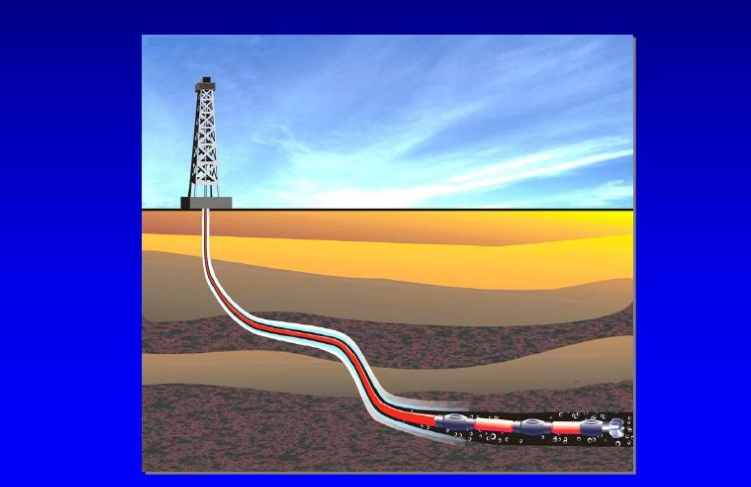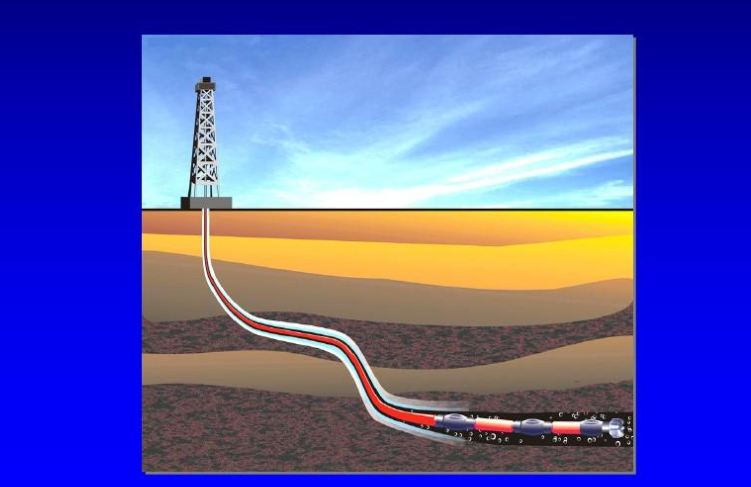The production of oil and natural gas is an essential part of the world economy because Oil & Gas Production and Transportation is the primary source of energy that is used in manufacturing, transportation, and the generation of electrical power. Flow assurance is an essential part of the oil and gas industry that focuses on preserving the consistency of fluid flow throughout the production process. This aspect of flow assurance is known as flow integrity management (FIM). Flow assurance is absolutely necessary for the extraction, transportation, and processing of hydrocarbons to be carried out in an effective and risk-free manner. In this article, we will discuss the significance of flow assurance for the oil and gas industry. Flow assurance refers to the process of ensuring a steady flow of fluid. The term "flow assurance" refers to the measures and strategies that are put into place to ensure that fluids, such as crude oil and natural gas, flow through pipelines and other production facilities in an effective and safe manner. Flow assurance was developed in the 1970s. Flow assurance is extremely important due to the fact that oil and gas production facilities are susceptible to a wide variety of challenges that have the potential to disrupt flow.

These obstacles consist of low temperatures and high pressures, as well as the formation of hydrates, waxes, asphaltenes, and other deposits that can cause operational problems and clog pipelines.
- When Oil & Gas Production and Transportation comes to the importance of flow assurance in the oil and gas industry, there are a few different points of view that can be found
- There are those who believe that flow assurance is absolutely necessary in order to guarantee the steady and economical production of oil and gas
- Others are of the opinion that flow assurance is absolutely necessary for preserving the viability of the environment and reducing the negative effects that oil and gas production has on the surrounding area
According to one point of view, flow assurance is absolutely necessary for making certain that the production of oil and gas is carried out in an effective and economical manner. In the event that flow is obstructed as a result of hydrates, waxes, or any other deposits, production will be halted, and downtime can be quite expensive. Flow interruptions can also cause damage to equipment, decrease operational efficiency, and drive up the cost of well intervention simulators. Therefore, flow assurance measures like chemical injection, pipeline insulation, and hydrate inhibition are essential for ensuring reliable and uninterrupted production. Flow assurance measures can also be thought of as flow control.
Flow assurance is essential, according to a different point of view, for reducing the negative effects that oil and gas production has on the surrounding environment. The formation of deposits such as hydrates and waxes, which, if released into the ocean or surrounding ecosystems, can have severe repercussions for the environment, can have severe consequences for the environment. In addition, incidents such as oil spills and other accidents that are brought on by disruptions in flow have the potential to bring about long-term harm to the surrounding communities and the environment. For this reason, flow assurance measures that prevent spills, leaks, and other environmental accidents are essential for ensuring the continued viability of the oil and gas industry.
Flow assurance is an essential component of the oil and gas industry that ensures the production of hydrocarbons in a manner that is both effective and risk-free. The disruption of flow that can be caused by deposits such as hydrates and waxes can have extremely negative effects not only on the environment but also on the economy. Because of this, Oil & Gas Production and Transportation is absolutely necessary to put into place efficient flow assurance measures that will both stop disruptions in the flow and safeguard the environment. If the oil and gas industry does this, Oil & Gas Production and Transportation will be able to continue to supply the energy that is required for the expansion of the global economy while also preserving a future that is sustainable for future generations.
